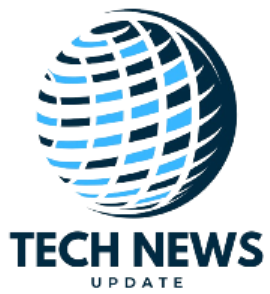The IT market in Germany is estimated to grow by $31.3 USD by 2028, a new report has found. This equates to an annual growth rate of almost 4.07%, spurred on by increased adoption of IT solutions within SMEs and big data solutions within enterprises.
Despite this growth, German businesses will face challenges in recruitment and retention due to a shortage of skilled IT professionals, according to the report by technology research and advisory company Technavio. And yet, Germany is the third most technically proficient country in Europe.
“Insufficient professional qualifications limit the pool of potential candidates for open positions,” the authors wrote in a press release. “In response, professionals with the necessary qualifications, experience, and skillsets command high salaries. Consequently, small and medium enterprises, as well as the public sector, struggle to find suitable candidates.”
Shortfalls in this area could be made up for by Germany’s dedication to AI investment. Just this month, renowned publisher Wiley found that 57% of researchers in Germany are integrating AI into their work, which is much higher than the global adoption rate of 44%. The country is also regarded as being in the top 10 of global AI leaders.
SEE: Europe Selects German Site for AI Factory
Key factors to driving growth in Germany’s IT market
The report’s authors wrote, “These factors are expected to drive the growth of the IT market in Germany during the forecast period.”
Shift in focus from Industry 4.0 to Industry 5.0
The Technavio research noted that Germany’s National AI Strategy “boosts the artificial intelligence market, with software AI and automation leading the way.” Launched long before ChatGPT in 2018, it outlines key initiatives such as establishing national competence centers for AI research, increasing AI professorships, investment of about €5 billion, and expanding its leadership in Industry 4.0.
However, Technavio analysts said that, over the next four years, Germany will be shifting its focus to Industry 5.0 — a digitised manufacturing sector that prioritises worker wellbeing and sustainability. Germany has had a strong presence in engineering, particularly robotics, for decades, but hopes to maintain its lead by incorporating machine learning for the benefit of its people and the environment. The country ranks fourth in the world for industrial robotics adoption, with 429 robots per 10,000 employees, based on 2023 data.
How big data and analytics will be key
“Big Data and analytics are key technologies enabling this transformation, with data collected from production equipment, enterprise systems, and customer management systems,” the authors wrote. “This data is used to optimize production quality, reduce costs, expedite production times, and deliver superior customer support.”
Autonomous robots can increase productivity
They go on to highlight autonomous robots that handle painting, assembling, welding, and product inspection, and how they can boost productivity while reducing waste. Last month, at CES 2025, NVIDIA CEO Jensen Huang predicted that generative AI could make humanoid robots a reality in the near future, despite previous difficulties commercialising them.
Investments in “manufacturing execution systems”
German enterprises are apparently investing in “manufacturing execution systems” — software solutions that manage manufacturing processes in real time. “The use of manufacturing intelligence allows industries to closely speculate on mechanical and procedural challenges, moving to advanced modes of data collection using sensors, actuators, assets, production analysis, and more,” the Technavio analysts wrote.

